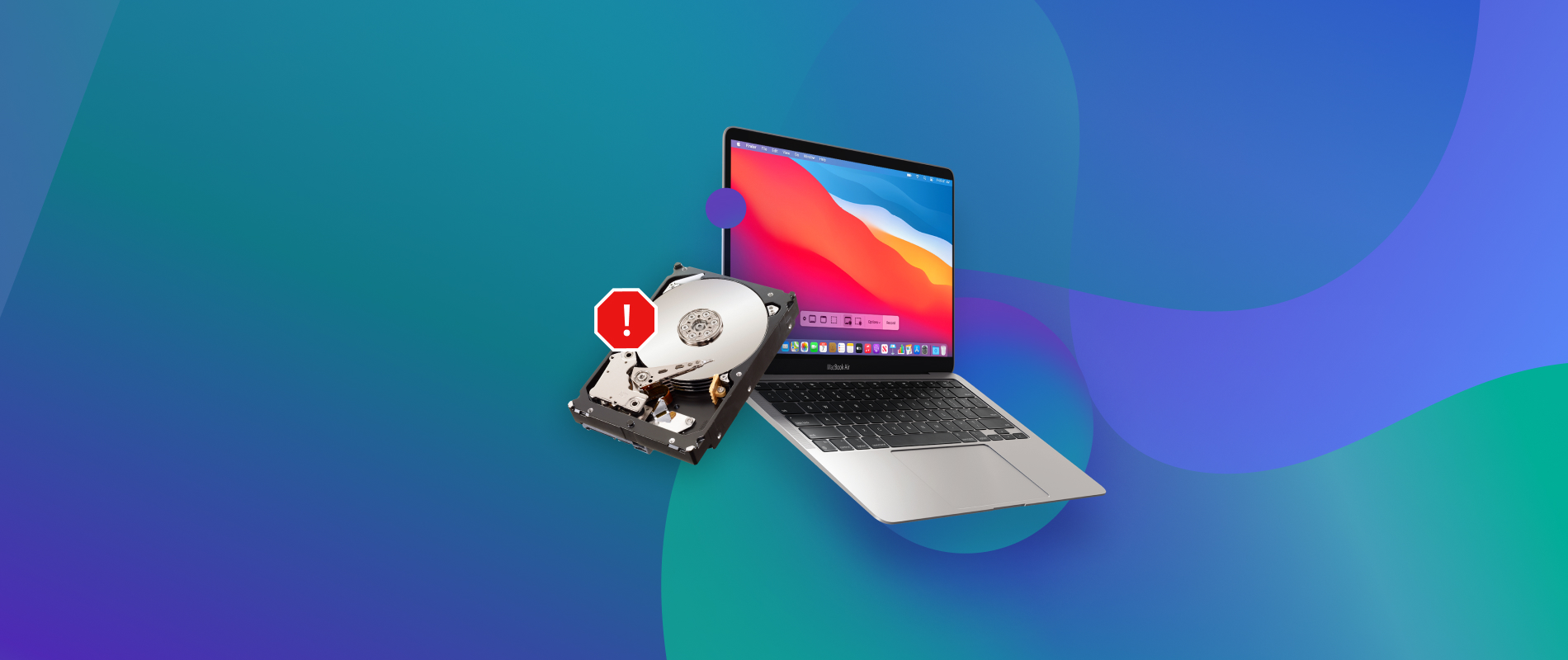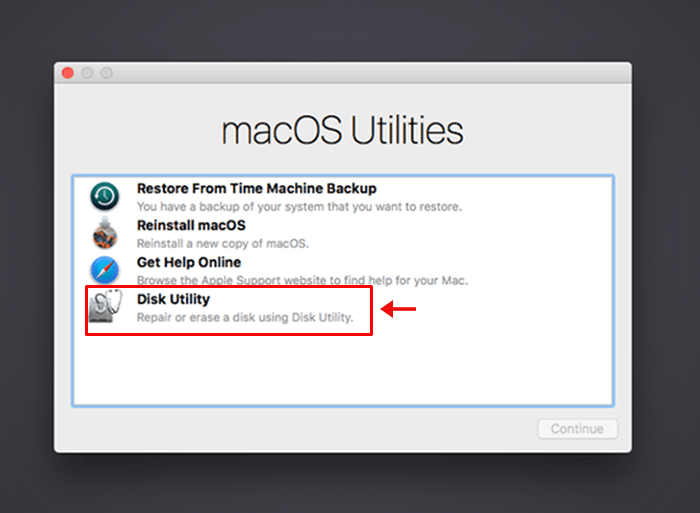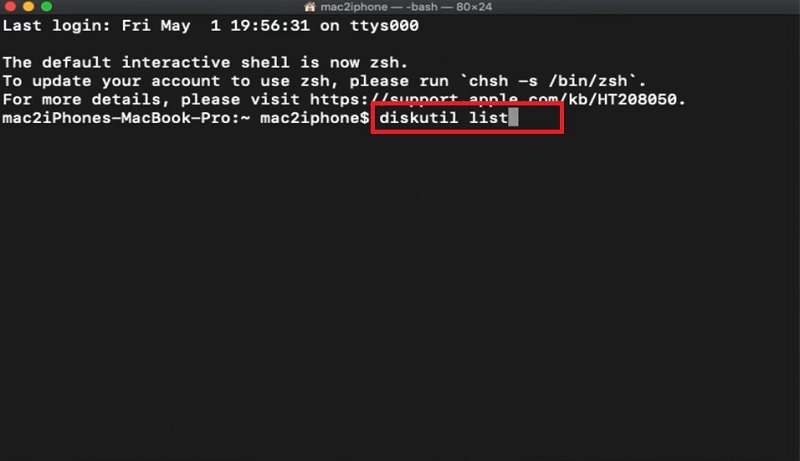
- #REPAIR EXTERNAL HARD DRIVE MAC APP INSTALL#
- #REPAIR EXTERNAL HARD DRIVE MAC APP FULL#
- #REPAIR EXTERNAL HARD DRIVE MAC APP SOFTWARE#
- #REPAIR EXTERNAL HARD DRIVE MAC APP LICENSE#
- #REPAIR EXTERNAL HARD DRIVE MAC APP FREE#
If you have issues adding a device, please contact Member Services & Support.
#REPAIR EXTERNAL HARD DRIVE MAC APP LICENSE#
#REPAIR EXTERNAL HARD DRIVE MAC APP INSTALL#
You must download and install on each device, or complete enrollment to get protection. Just like Seagate external hard drive not recognized on Mac, WD hard drive not recognized is a question frequently asked by Mac users in Apple-related forums.It happens to WD My passport, WD My Book, WD Elements and Easystore, etc. Your subscription begins when your purchase is completed (or otherwise, when your payment is received).That is why well-funded people/organizations typically just avoid such scenarios, by having good backups (especially before certain actions get taken, like intentionally/manually initiating some "repair" software). There is no sensibly easy way to recover from certain scenarios. I realize that some of the advice given in this answer may become less feasible after some actions are taken. In that case, trying other repair tools will probably just result in similar problems, so the best bet is to just make sure you have data backed up, and then re-format the drive (re-partition if needed) and then recover from backup. But in general, most of them work reasonably well, failing only for good causes like existing data structures already being problematic.
#REPAIR EXTERNAL HARD DRIVE MAC APP SOFTWARE#
To repair a drive: there are various repair software out there. Other "forensic" software exists that may be helpful. (Despite its name, it is more about data recovery than testing.) It is not necessarily the easiest software on the planet, but then again, many of these recovery tools aren't. Of course, that may result in significant data loss. If the hardware is good, then the worst-case scenario is that the drive could have its partitions reformatted (or, slightly worse, needing to re-partition), and then the drive may work fine.

Of course, if the software is not making any further progress, which is especially likely if hardware froze up, then you might have no other options except to "force quit" some hour/someday.ĭepends on the state of the data structures on the disk. On the other hand, if the repair tool did get confused and is going around in circles, damaging data structures, then stopping it might cause some data to be preserved and more easily recovered than letting it keep going. (In really unfortunate cases of insufficient backup, data recovery might not be reasonably easy at all.)Ī "force quit" may reduce the chances of the drive ending in a consistent state. The threats described above are why the ideally-recommended approach is for a bit-for-bit (sometimes called "forensic") backup copy should be made before any such repair. The good news is that this is unlikely to cause any hardware errors. that would be quite a lot to need to investigate manually.) (Not necessarily impossible, technically, but 4 Terabytes is around 4 trillion bytes. You can make the data on a drive hideously infeasible to recover. By pointing to the wrong data, it might find something else that doesn't make sense, and try to repair that too, making more adjustments based on errorneous/nonsense data.

Then, the repair tool might misinterpret that data and use it incorrectly. Clonezilla supports far more file systems than most IT professionals can name, and it even features some basic boot repair tools.
#REPAIR EXTERNAL HARD DRIVE MAC APP FULL#
It allows you to easily create full partition and disk backups, which can be deployed on other computers.

#REPAIR EXTERNAL HARD DRIVE MAC APP FREE#
If invalid data is found and not corrected, it might be used. Clonezilla is one of the most useful free hard drive repair software tools. However, an even worse scenario is if the repair tool fails. This can be bad, because the data is likely stored using some tables/charts, and so if a repair isn't complete then some of the pointers may be inconsistent with where data is, which may result in a loss.

If you quit early, you may have an incomplete repair. USB is most often not the fastest available connection method. Since then technology has become faster, but drive size has also increased. Around 2008, a standard desktop drive took around 7-11 hours to do a full, non-quick format. In 1998, such a task might take nearly an hour, perhaps even a few.


 0 kommentar(er)
0 kommentar(er)
